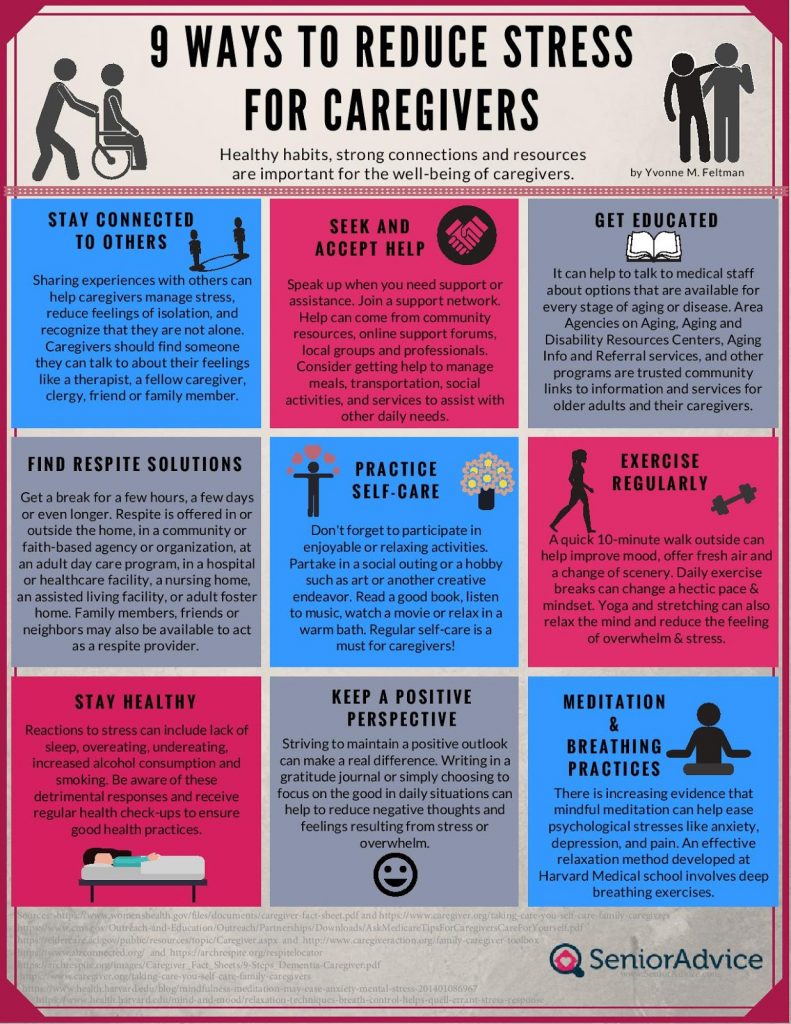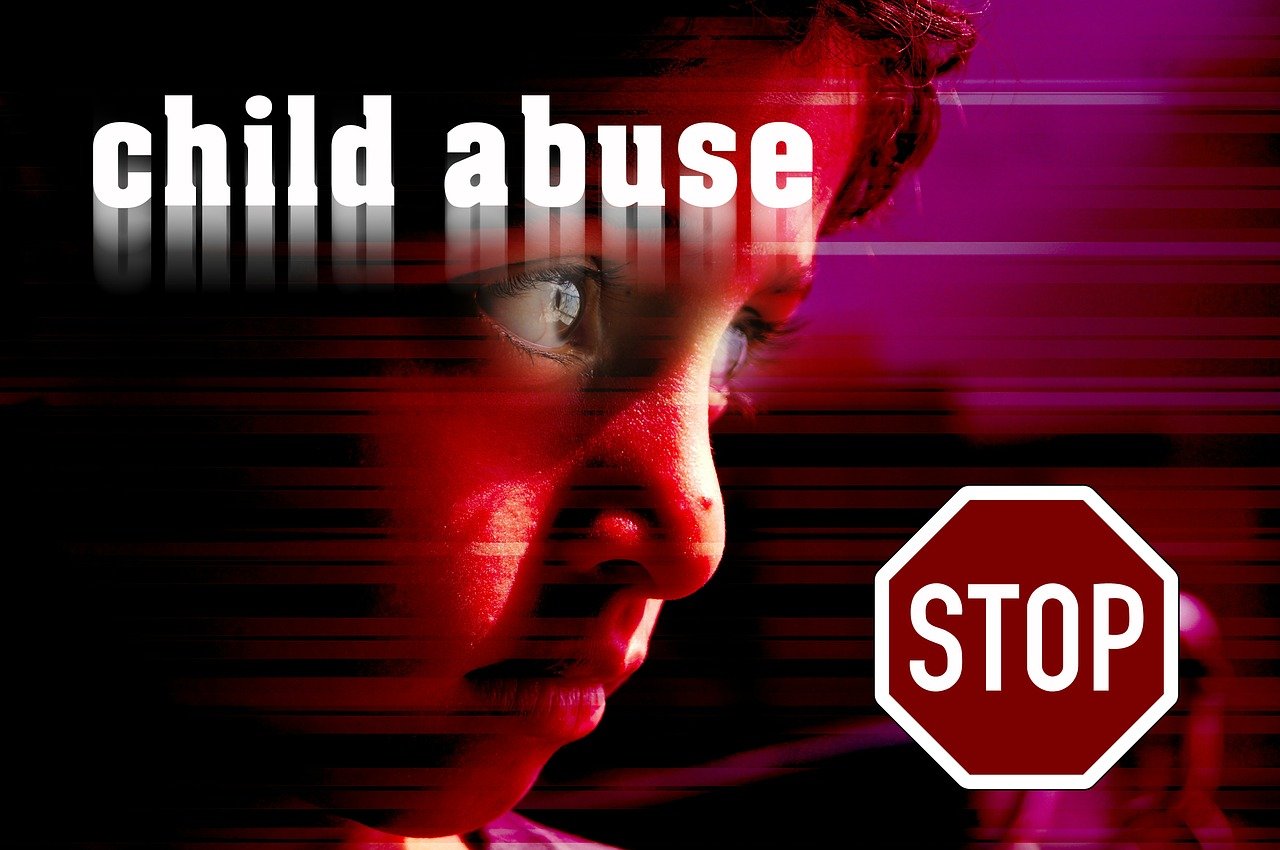When my dad had suffered a stroke, we have seen the pillar of our lives crumble in different ways – physically, mentally, cognitively, and emotionally. It changed our lives and the way we lived completely. Doctor and physiotherapist visits, 24×7 nursing care, and dealing with the fact that the ground beneath our feet is constantly shifting. Every day I would just ask myself what could we have done differently to have avoided this misfortune. The most difficult thing to cope with has been the deep despair and heartbreak of knowing what Dad must be going through every day because of his debilitating condition.
To see our hero lying in bed being fed, dependent for his everyday needs, not being able to hear his voice has been the most difficult and traumatic time in our lives. However, as much as his relatives and friends miss him, it’s the immediate family who undoubtedly felt his absence even in his presence. Oh what wouldn’t we give to hear him call our names? What wouldn’t my mother give for his comforting presence in her bed next to her, for another argument with him, for his companionship?
But the most distressing thing has been dealing with people around us. While many were supportive and wished us well and were constantly praying for him, many close ones spoke ill behind our back, constantly judged us for the decisions we made, second guessed our intentions. This took a huge toll on my mother, who was the primary caregiver, and us, mentally and psychologically for it left us feeling less and loathed with self guilt.
To those I wish to say that may you never have to go through what we have. May you never have to see your loved one suffer and deal with someone doubting your care for them lecturing us on the diets to give, treatments, etc. It is very painful. No one takes care of the caregivers. No one takes a moment to ask them how they have been doing, have they gotten enough sleep, how are they managing the funds, their work, their health and their family.
To the people visiting the sick, I ask you to be kind to the caregivers. To trust that since they are the most affected by what happened to their loved one, they are definitely doing our best. That they have invested their time, effort and money in getting the best treatment and care and if there was more they could do then they would probably do it regardless of what anyone has to suggest or say. They know best and it’s their call to make.
Caregiving is never one-size-fits-all
Unless you have lived with them for a week, both day and night, do not speak for them or speak of them. It’s too much at times to be patient in the face of adversity so don’t add to their distress and self guilt. And if you hear someone criticizing them, judging them, shut them up and tell them, “Am sure they are doing their best”.
Who takes care of the caregivers?
Caregiver burnout or caregiver stress is a state of physical, emotional and mental exhaustion. It may be accompanied by a change in attitude, from positive and caring to negative and unconcerned. Burnout can occur when caregivers don’t get the help they need, or if they try to do more than they are able, physically or financially.
Today, I want to tell myself and so many caregivers out there who are struggling to cope, don’t get drowned in dealing with your ill ones. You don’t owe answers or explanations to your relatives or friends and if they cared that much, then they might as well take over. Don’t try to micromanage things. It’s not possible. Mistakes will happen and it’s okay.

Self-care for caregivers
You are human too. Self care is important. You may feel like giving up many times in the day but don’t. The critics will criticize. That is all they know for they haven’t lived in our shoes. They only know what they see in that moment and derive their conclusions from that.
Take time to love your loved one but also love yourself. Crack a joke or two whenever you can. Read a book, magazine or newspaper for some time every day. Go for therapy if you need or talk to a loved one. Have a hobby to distract you. Go for a walk. Or even cry if you feel like. Make yourself a priority too. And turn a deaf ear to what people say.
And remember, for everything the illness takes away from your loved one, what it can never ever take away is their love, their laughter and their memories.


















